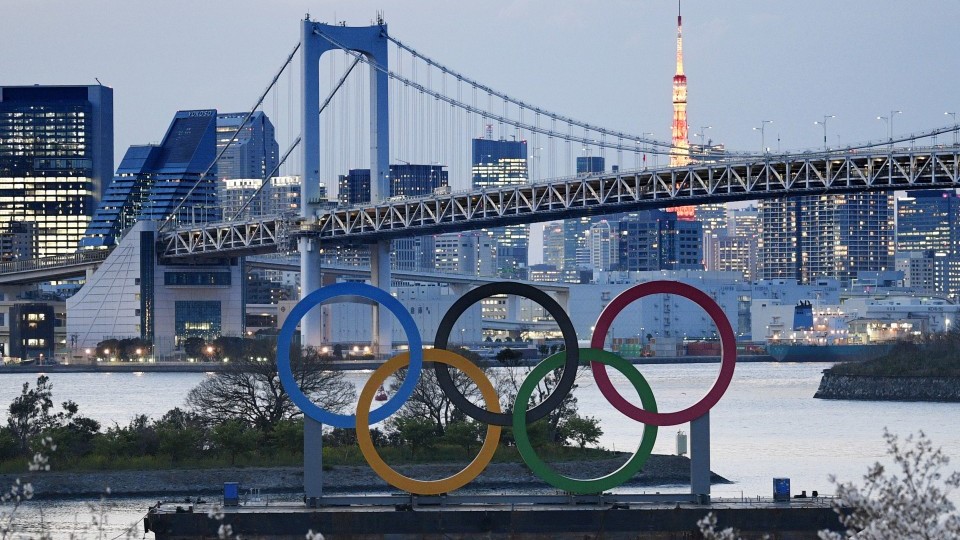Japan, IOC agree to postpone this summer's Tokyo Olympics

Japanese Prime Minister Shinzo Abe said Tuesday that he and International Olympic Committee President Thomas Bach agreed to postpone this summer's Tokyo Olympics due to the coronavirus pandemic.
After speaking with Bach on the phone, Abe told reporters that he proposed a one-year delay to the Olympics and that the IOC president fully supported his idea.
Abe said they also confirmed they would not cancel the Olympics and Paralympics.
Tokyo Gov. Yuriko Koike, who joined the talks, said they will aim to stage the games in the summer of 2021 and there is no possibility of holding them by the end of this year.
Since the birth of the modern Olympics in 1896, the games have never been postponed before, although they were canceled in 1916, 1940 and 1944 due to war.
The unprecedented delay will be a major blow to host Japan and is certain to have a cascade of economic, political and social ramifications. It will also pose considerable logistical challenges to Olympic organizers.
The Tokyo organizing committee had said the budget needed for the games was 1.35 trillion yen ($12 billion), but actual spending related to the sporting extravaganza is expected to have been much bigger, as much as 3 trillion yen, according to estimates by the country's Board of Audit.
The phone talks came amid mounting pressure from athletes and sports organizations to reschedule the Olympics due to the rapid spread of the virus, and just a day after Abe told parliament that the Summer Games cannot be held under the current circumstances, suggesting for the first time that they may have to be postponed.
Athletes have been struggling to train as gyms and other sports facilities have been closed since the virus that broke out in China late last year spread to all of the world's seven continents except Antarctica.
More than 380,000 people have been infected and over 16,000 who contracted the pneumonia-causing COVID-19 have died, according to data compiled by Johns Hopkins University.
As the World Health Organization has warned that "the pandemic is accelerating," scores of Olympic qualifiers and major sports tournaments have been canceled, while countless travel restrictions have been imposed across the globe.
The IOC has said so far only 57 percent of athletes have been qualified for the forthcoming games, although the Olympic flame was lit on March 12 in Greece as planned and it arrived in Japan on Friday.
"If it is difficult to hold the games in a complete way, we have to decide to postpone them, giving top priority to (the health of the) athletes," Abe said Monday.
Hosting a "complete" games mean there will be spectators as usual and no downsizing involved, according to the prime minister.
The IOC said Sunday it would study alternative plans for the Olympics, initially due to begin July 24, and make an assessment within the next four weeks.
Yoshiro Mori, president of the Tokyo 2020 organizing committee, Koike and Japan's Olympic minister Seiko Hashimoto joined the teleconference.
Before the conference, Japan's Olympic minister Seiko Hashimoto called for the IOC to put athletes first.
"It's our hope that the IOC will listen thoroughly to the voices of athletes and take them into consideration in deciding when is the best time (to hold the games)," Hashimoto said at a press conference on Tuesday.
The Canadian Olympic and Paralympic committees have said they will not send teams to the Tokyo Games if they go ahead this summer as scheduled.
Abe spoke by telephone on Tuesday morning with Canadian Prime Minister Justin Trudeau and said the IOC's decision to consider various options is in line with Tokyo's stance that the games should be held in their complete form, according to the Japanese Foreign Ministry.
Trudeau told Abe that holding the Olympics and Paralympics in Tokyo will demonstrate that the world has overcome the new virus and Canadian athletes are looking forward to participating, the ministry said.



